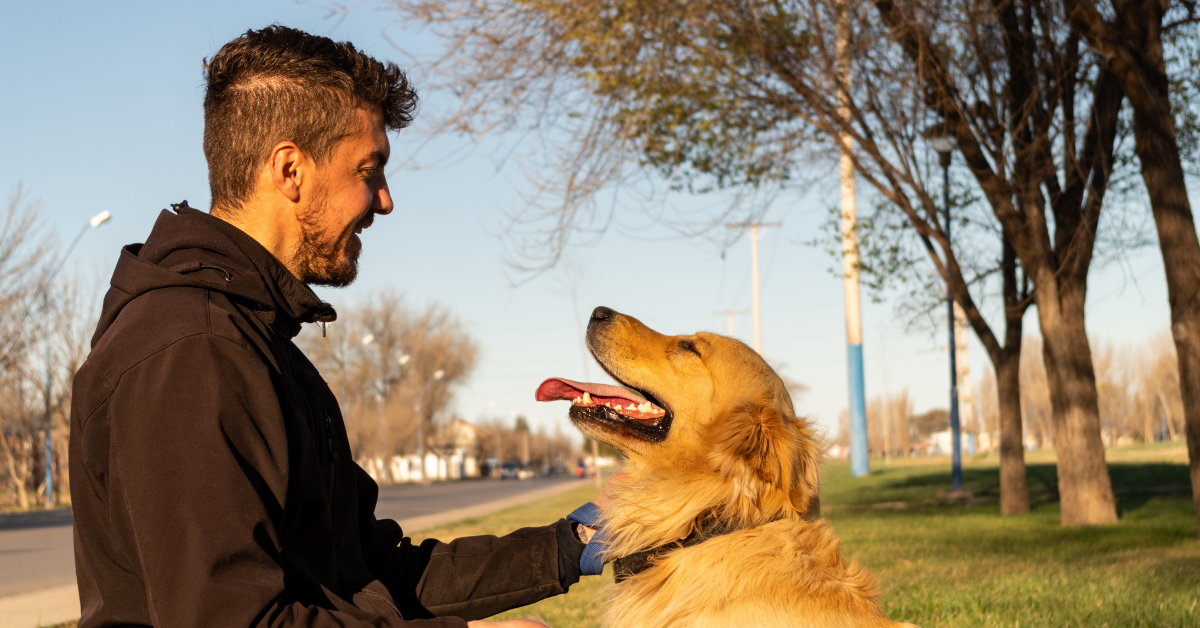Be Prepared!
The month of April is National Pet First Aid Awareness Month and a good time to refresh your knowledge of common emergencies your pets may experience. It’s also a good time to check your first aid kit for any needed pet-related supplies. There are also many helpful online resources available regarding pet first-aid.
Be aware of these common issues:
Dehydration. The skin between the shoulder blades of your dog or cat should spring right back if your animal is properly hydrated. If the skin is slow to return to a normal position, this is a warning sign of dehydration. Lack of proper water intake, high environmental temperatures, and some medical conditions can cause dehydration. Veterinary care can restore normal electrolyte balance and identify underlying health issues if your pet becomes dehydrated. At home, fresh, cool water should be provided for your pet at all times.
Heat stroke or exhaustion. In the summer months, it’s easy for our pets to become overheated. Watch for excessive panting and drooling, difficult breathing, and rapid heart rate, as well as bloody diarrhea, vomiting, unsteadiness, and collapse.
Providing access to shade during sunny days and restricting your dog’s exercise on hot days is very important to prevent heat stroke. Never leave your animal in a parked car, as the temperature can rise to lethal levels quickly. As always, provide liberal access to water.
Bleeding. In the event of injury, minor wounds can be treated by applying appropriate pressure with your fingers or the palm of your hand until any blood flow subsides. For deeper wounds, hand towels and mild pressure are often sufficient to stop the flow. If an applied bandage becomes soaked with blood, add additional material and apply further pressure. In a pinch, duct tape or packaging tape can be used to secure a covering in place.
Here are some must-haves for a basic pet first aid kit:
- Absorbent gauze, pads and rolls
- Adhesive tape
- Antiseptic wipes or spray
- Cotton swabs
- Hydrogen peroxide
- Scissors (blunt-ended)
- Non-latex gloves
- Rectal thermometer, (the normal temperature for dogs is between 100 and 103 degrees F)
- Petroleum jelly
- Rubbing alcohol
- Saline solution
- Tweezers
- Non-stick bandage wrap
- Ice pack
Your pet’s veterinarian’s phone number and number for the nearest emergency vet clinic should be added, as well as any health records that may need to be accessed quickly. An extra prescription of medications such as insulin should be considered, as well as an epinephrin injection for dogs prone to serious allergies.
Some additional resources to help in an emergency:
For an extensive list of common household items, toxic plants, and medications that may be poisonous to your pets, the following website provides guidance on symptoms to watch out for, helpful descriptions on effects, and even photos for reference: http://www.petpoisonhelpline.com/poisons/ The ASPCA Poison Control Center Hotline is 800-426-4435.
There are some wonderful references available by the Red Cross. Go to http://www.redcross.org/get-help/how-to-prepare-for-emergencies/mobile-apps and download the Pet First Aid app, available at the Apple App Store as well as Google Play.
In time of trauma, being prepared can make all of the difference!
Other Recent Blog POsts

Celebrating The Original Floofins’ Sweet 16
July 24, 2024
Emergency Planning for Your Home & Pet
July 18, 2024
Beyond the Blurry Phone Pic: Schedule Professional Pet Photos Instead
July 10, 2024
Keeping Chicago Pets Safe on the Fourth of July
July 1, 2024
Why Floofins & Co. Leads the Pack
June 26, 2024

